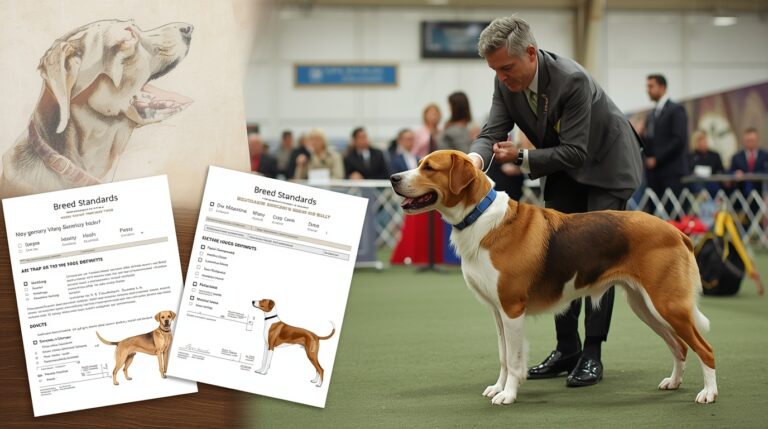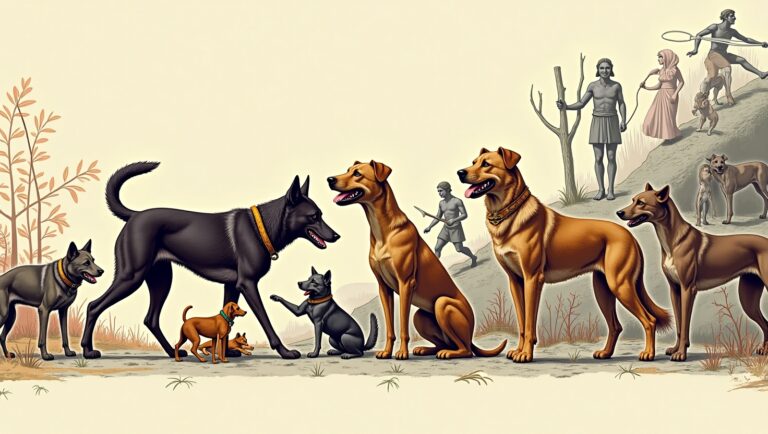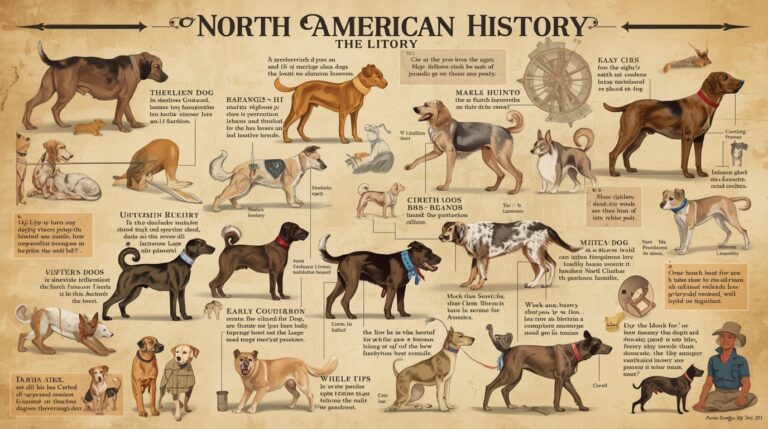Article: Rise of Pet Culture in the 21st Century

Introduction
Pet culture in the 21st century has undergone a seismic shift. No longer just animals kept for companionship or utility, pets today are widely considered family members. According to the American Pet Products Association (APPA), approximately 70% of U.S. households own at least one pet as of 2023. Global pet ownership follows similar trajectories, driven by urbanization, emotional well-being needs, and growing disposable income.
The Human-Animal Bond: Emotional Anchors in the 21st Century
The rise of emotional support animals (ESAs) and therapy pets is closely linked with increased awareness around mental health. Studies have shown that pet ownership can reduce stress, anxiety, and depression. Dogs and cats, in particular, are now prescribed in mental health treatment plans, especially for patients dealing with PTSD and loneliness.
Pet Humanization: Pets as Family Members
Pet humanization is the practice of treating pets as surrogate children. This trend has led to the coining of terms like “pet parenting” and “fur babies”. In a survey by Chewy.com, over 60% of millennial pet owners refer to themselves as their pet’s “parent,” not owner.
This emotional elevation has dramatically influenced consumer behavior. Celebrations like “Gotcha Days” (adoption anniversaries), pet birthday parties, and even weddings between pets are now mainstream among urban households.
Booming Pet Economy
The global pet care market was valued at $261 billion in 2024, with projections reaching $350 billion by 2030. The key drivers include:
- Premium pet foods (grain-free, organic, freeze-dried)
- Customized pet toys and furniture
- Pet grooming and spa services
Major players like PetSmart, Mars Petcare, and Nestlé Purina dominate the landscape, while startups target niche segments like plant-based pet food and DNA testing for pets.
Pet Health and Wellness
Veterinary care is no longer just about vaccinations and surgeries. Today’s services include nutritional counseling, pet physiotherapy, laser treatments, and even pet acupuncture. Additionally, CBD-based pet wellness products are gaining traction, particularly for dogs suffering from anxiety and arthritis.
Digital Influence on Pet Culture
Social media has amplified the visibility of pets. Influencers like Jiffpom, Nala Cat, and Doug the Pug boast millions of followers. Their fame translates into lucrative brand deals and merchandising.
Apps like PawTok and Petzbe are dedicated exclusively to pet content, while YouTube channels offer tutorials on grooming, behavior training, and DIY pet crafts.
Urban Living and Pet Adaptation
As cities grow vertically, pets are adapting to apartment lifestyles. Small breed dogs, such as French Bulldogs and Dachshunds, have become ideal urban pets due to their size and temperament. Litter training for dogs, indoor turf patches, and doggy strollers are innovations solving urban constraints.
Adoption Culture and Rescue Movements
Pet adoption surged during the COVID-19 pandemic. Organizations like Best Friends Animal Society and The Humane Society reported a 30-40% increase in adoptions in 2020-2021. This shift reflects a growing awareness of ethical animal care, reinforced by media and celebrity campaigns promoting rescue pets over breeder purchases.
Pet-Friendly Workspaces and Policies
Major corporations such as Amazon, Google, and Etsy have implemented dog-friendly workplace policies. These practices reportedly boost employee morale and reduce stress. However, challenges include allergy management, cleaning logistics, and employee comfort zones.
Cultural Shifts Across Regions
In Asia, Japan and South Korea have seen a spike in pet cafés, luxury pet hotels, and pet fashion brands. In contrast, Europe emphasizes animal rights laws, with countries like Germany requiring pet ownership licenses. The United States remains a hybrid, mixing consumerism with activism.
Luxury Pet Products and Services
Designer pet collars from brands like Gucci, customized orthopedic pet beds, and organic meal subscriptions are mainstream for affluent pet owners. Services such as dog yoga (doga), pet massage therapy, and DNA breed analysis reflect how deeply personalization has entered the pet market.
Pet Tech Innovations
Technology is playing a central role in pet care:
- Smart feeders maintain feeding schedules
- GPS collars track location in real-time
- Wearable pet health trackers monitor vital signs
- Smart litter boxes analyze waste for health issues
Companies like Whistle, Fi, and Litter-Robot lead this space, and AI integration is growing rapidly.
also read this Modern Canine History (19th Century–Present)
Millennial and Gen Z Impact
Millennials are now the largest group of pet owners, accounting for 32% of all pet parents globally. Many are delaying marriage and children, opting instead to adopt pets. Gen Z is also showing early signs of prioritizing pet ownership as a lifestyle identity.
Pet Insurance and Financial Planning
The U.S. pet insurance market crossed $3.2 billion in 2023, with annual growth of over 20%. Policies now cover a range of treatments from chronic illnesses to behavioral therapy, showing that pets are being financially planned for like human dependents.
Pet Fashion and Lifestyle Trends
Seasonal fashion lines for pets include Halloween costumes, raincoats, and paw shoes. Matching owner-pet outfits are trending on Instagram. Brands like Pupreme and BarkBox have capitalized on this aesthetic-driven trend.
Training, Behavior, and Socialization
Pet obedience schools, positive reinforcement trainers, and online behavior consultation have grown in popularity. Urban areas also offer “puppy socials” and dog parks designed to promote socialization and reduce aggression in pets.
The Rise of Exotic Pets
While dogs and cats dominate, reptiles, ferrets, parrots, and even mini pigs are gaining popularity. Exotic pet ownership often requires specialized care, climate control, and dietary regulations, raising ethical and legal questions.
Legal Regulations and Pet Rights
Governments are passing laws to protect pet welfare. For example:
- UK banned electric shock collars in 2024
- Germany mandates dog-walking by law
- US states are tightening laws around breeding and pet sales
Activist groups advocate for pet custody laws, animal cruelty punishments, and retail breeding bans.
Environmental Impact of Pet Ownership
Pet ownership contributes significantly to environmental degradation. Pet food production, especially meat-based diets, generates substantial carbon emissions. Solutions include:
- Plant-based pet food
- Biodegradable waste bags
- Sustainable toys made from recycled materials
The Future of Pet Culture
By 2030, we expect the integration of AI-powered trainers, virtual reality socialization tools, and perhaps even cloning of beloved pets. The pet industry will continue evolving into a sophisticated, technology-integrated, emotionally intelligent sector that shapes not just how we live—but who we live with.
Conclusion
The rise of pet culture in the 21st century is more than a passing trend—it’s a global lifestyle transformation. From deepening emotional bonds to massive economic impact, pets have secured their place as indispensable companions in modern life. As technology, ethics, and social values evolve, so too will the role pets play in our homes and hearts.





